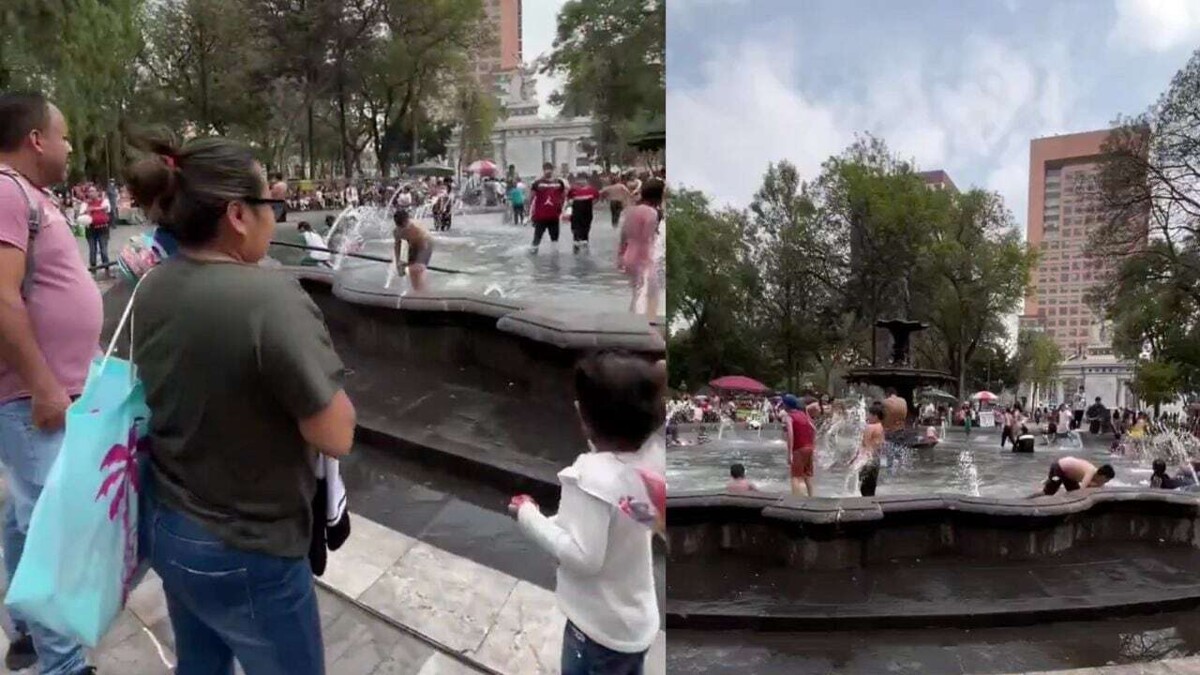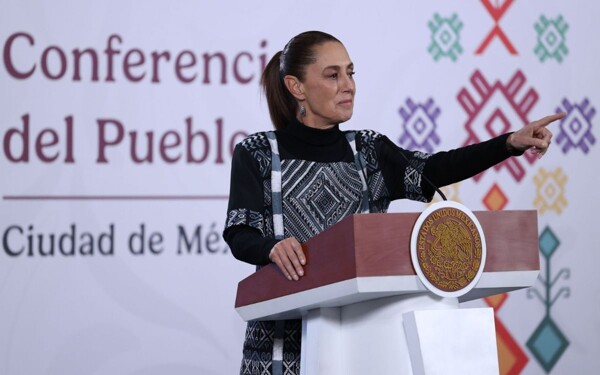
In Mexico, urban inequality adds to the problem of access to worthy recreational spaces. The Alameda Central, located near the Palacio de Bellas Artes, is one of the icons of Mexico City. However, its fountains are not designed for recreational use, and there is an express prohibition against entering them, with fines that can reach up to two thousand Mexican pesos.
Although the city has implemented some 'urban beaches,' they only serve a very small percentage of the population, according to official data. Historically, the fountains of the Alameda have been used to cool off during heatwaves, but never in an authorized manner. Recently, amid a heatwave with temperatures of up to 32 degrees, many families went to the park seeking relief.
This situation has generated criticism and calls for attention from urbanism experts, who urge authorities to invest in more green and recreational spaces with water to reduce these inequalities. The unauthorized use of the fountains has also raised concerns about the fact that chemically treated water can cause skin irritations, as warned by Greenpeace Mexico.
A study conducted by UNAM in 2024 revealed that 60% of the inhabitants of the Mexican capital do not have access to recreational aquatic facilities. A shared video showed a large number of people, including children, enjoying and cooling off in the park's fountains, despite the prohibition. The images show people of all ages submerging themselves in the water and even climbing the structures of the fountains, raising concerns about potential damage to heritage and safety risks.












